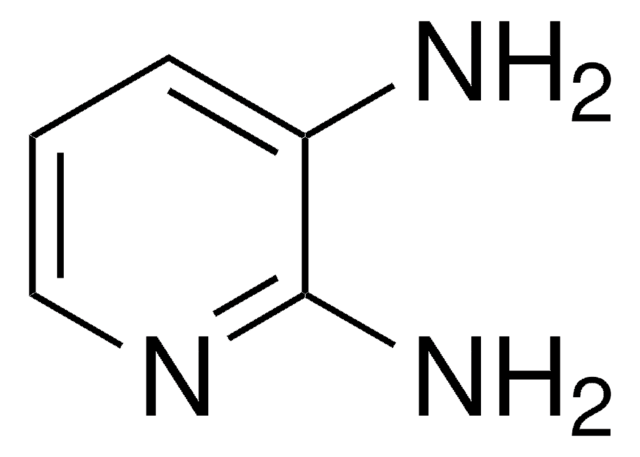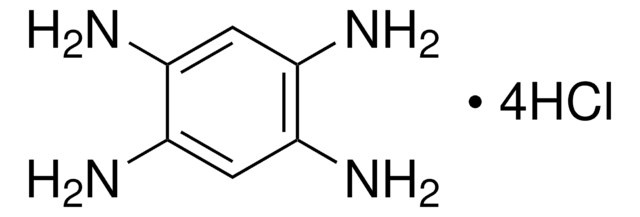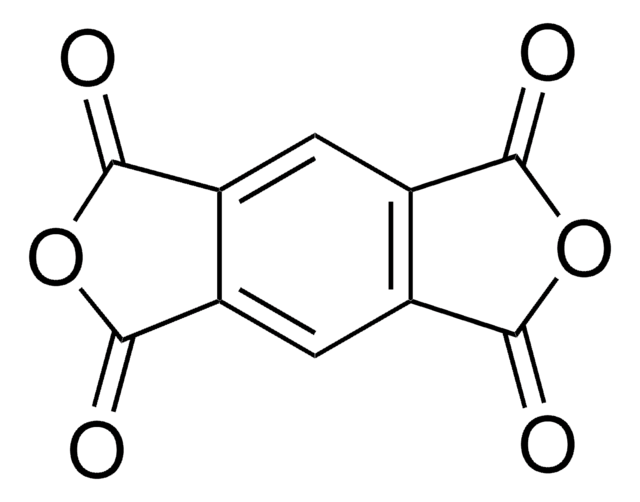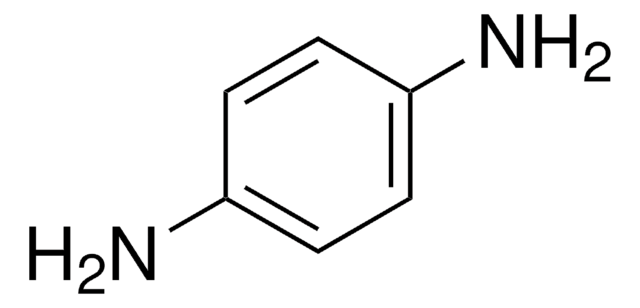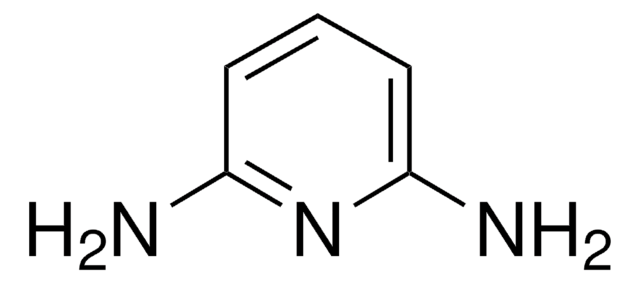305065
1,2,4,5-Benzoltetramin -tetrahydrochlorid
≥95%
Synonym(e):
1,2,4,5-Tetraaminobenzol -tetrahydrochlorid
Anmeldenzur Ansicht organisationsspezifischer und vertraglich vereinbarter Preise
Alle Fotos(1)
About This Item
Lineare Formel:
C6H2(NH2)4·4HCl
CAS-Nummer:
Molekulargewicht:
284.01
Beilstein:
3701344
EG-Nummer:
MDL-Nummer:
UNSPSC-Code:
12162002
PubChem Substanz-ID:
NACRES:
NA.23
Empfohlene Produkte
Assay
≥95%
≥95.0% (AT)
mp (Schmelzpunkt)
≥300 °C (lit.)
SMILES String
Cl.Cl.Cl.Cl.Nc1cc(N)c(N)cc1N
InChI
1S/C6H10N4.4ClH/c7-3-1-4(8)6(10)2-5(3)9;;;;/h1-2H,7-10H2;4*1H
InChIKey
BZDGCIJWPWHAOF-UHFFFAOYSA-N
Suchen Sie nach ähnlichen Produkten? Aufrufen Leitfaden zum Produktvergleich
Allgemeine Beschreibung
1,2,4,5-Benzoltetramintetrahydrochloridwird verbreitet als neuartige Quelle von Kohlenstoff und Stickstoff beider Synthese von Benzimidazol-gebundenen Polymeren und Kohlenstoffpunkt-Nanomaterialien eingesetzt.
Anwendung
1,2,4,5-Benzoltetramintetrahydrochlorid kann als Vorläufer für die Synthese von Folgendem verwendet werden:
- Ein Pyren-basiertes Benzimidazol-gebundenes Polymer mittels Co-Kondensation mit 1,3,6,8-Tetrakis(4-formylphenyl)pyren in Dimethylformamid.
- Triazin-basierte, Benzimidazol-gebundene Polymere für das hochselektive Einfangen von CO2.
- Stickstoff-dotierte Kohlenstoffpunkte (NCD) durch ein einfaches hydrothermales Verfahren, die als hochselektive Fluoreszenzsonde zum Erfassen von Mg2+-Ionen in einer wässrigen Lösung geeignet sind.
- Rot-emittierende Kohlenstoffpunkte mittels solvothermischem Verfahren.
Lagerklassenschlüssel
11 - Combustible Solids
WGK
WGK 3
Flammpunkt (°F)
Not applicable
Flammpunkt (°C)
Not applicable
Persönliche Schutzausrüstung
dust mask type N95 (US), Eyeshields, Gloves
Hier finden Sie alle aktuellen Versionen:
Besitzen Sie dieses Produkt bereits?
In der Dokumentenbibliothek finden Sie die Dokumentation zu den Produkten, die Sie kürzlich erworben haben.
Kunden haben sich ebenfalls angesehen
Halszka Ponamarczuk et al.
Frontiers in bioscience (Landmark edition), 23, 1612-1627 (2018-01-03)
Protein disulfide isomerase (PDI) is an abundant reticulum endoplasmic protein but also acts as an important functional regulator of some extracellular surface proteins. Recent studies suggest that PDI plays a role in integrin activation and thrombus formation. The aim of
Mei Meng et al.
Shock (Augusta, Ga.), 51(1), 88-96 (2018-02-10)
The gut is a continuously renewing organ, with cell proliferation, migration, and death occurring rapidly under basal conditions. As the impact of critical illness on cell movement from crypt base to villus tip is poorly understood, the purpose of this
Ali M Ethaeb et al.
Apoptosis : an international journal on programmed cell death, 25(1-2), 29-41 (2019-10-28)
Accumulation of tissue factor (TF) within cells leads to cellular apoptosis mediated through p38 and p53 pathways. In this study, the involvement of Src1 in the induction of TF-mediated cell apoptosis, and the mechanisms of Src1 activation were investigated. Human
Daisuke Aoyama et al.
PloS one, 8(11), e81133-e81133 (2013-11-28)
Transforming growth factor β (TGFβ) derived from the tumor microenvironment induces malignant phenotypes such as epithelial-mesenchymal transition (EMT) and aberrant cell motility in lung cancers. TGFβ-induced translocation of β-catenin from E-cadherin complexes into the cytoplasm is involved in the transcription
Lei Wang et al.
Nanoscale, 9(12), 4090-4096 (2017-03-16)
Nanostructured semiconducting polymers have emerged as a very promising class of metal-free photocatalytic materials for solar water splitting. However, they generally exhibit low efficiency and lack the ability to utilize long-wavelength photons in a photocatalytic oxygen evolution reaction (OER). Here
Unser Team von Wissenschaftlern verfügt über Erfahrung in allen Forschungsbereichen einschließlich Life Science, Materialwissenschaften, chemischer Synthese, Chromatographie, Analytik und vielen mehr..
Setzen Sie sich mit dem technischen Dienst in Verbindung.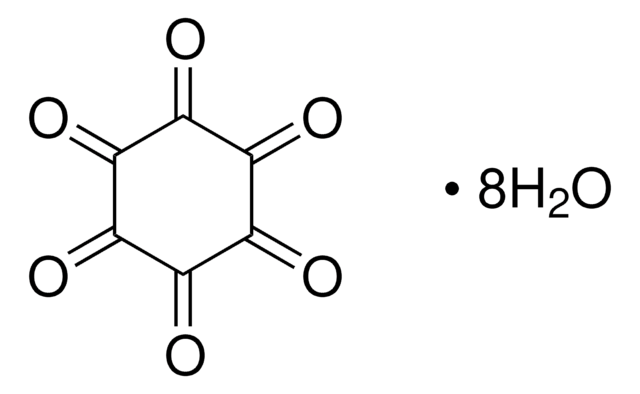

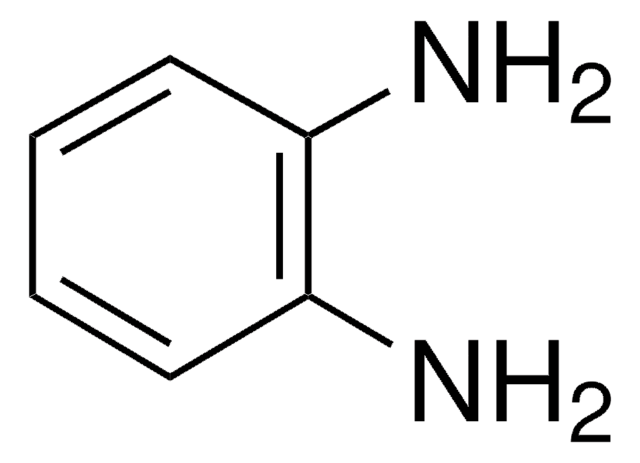
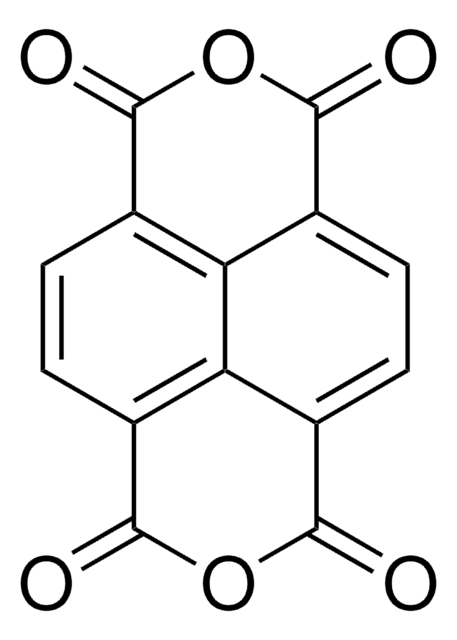
![Dipyrazino[2,3-f:2′,3′-h]quinoxaline-2,3,6,7,10,11-hexacarbonitrile 95% (HPLC)](/deepweb/assets/sigmaaldrich/product/structures/151/558/c0e2c95f-5228-4864-a7a5-4b9765a19840/640/c0e2c95f-5228-4864-a7a5-4b9765a19840.png)
